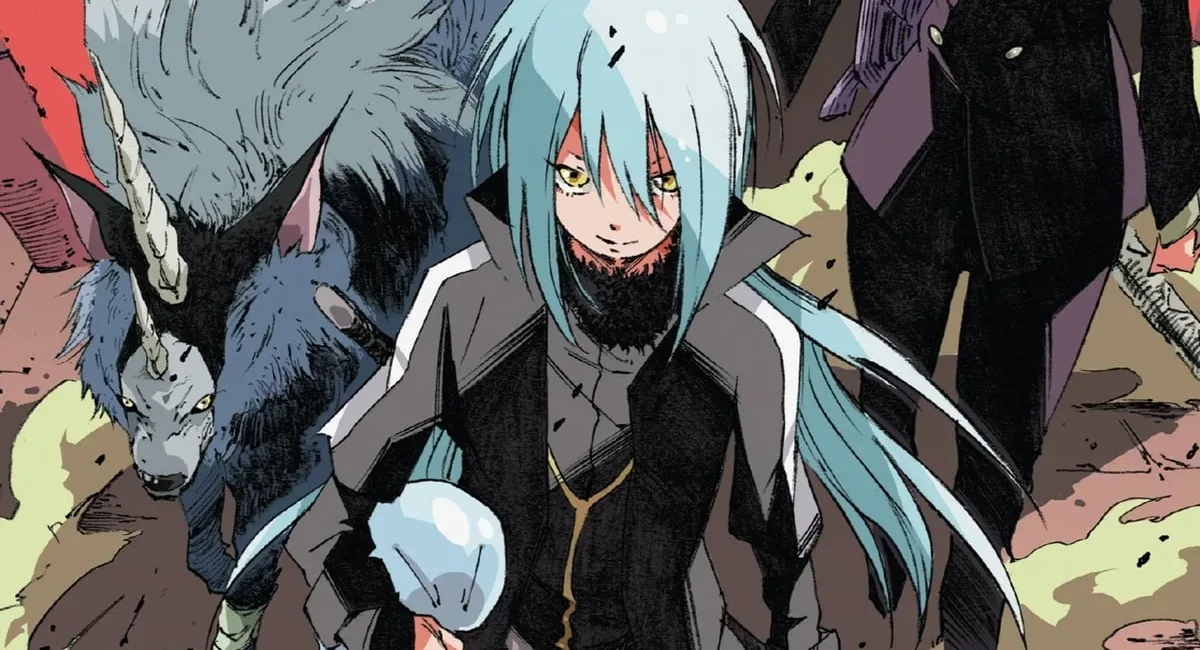The anime industry has undergone a major metamorphosis in the last twenty years, but one trend that continues to create discussion among otakus is the big titles.
- Top 5 Psychological Anime That Will Make You Go to Therapy
- Castlevania: Nocturne brought a sequel worthy of the original series
In the early 2000s, we had anime whose title was just one or two words, like Naruto , Bleach , One Piece , Dragon Ball , among others. These anime were adaptations of popular mangas that were released in the 80s and 90s.
Over the years, other media have received anime adaptations, such as visual novel games and light novels (LN).
Light novels are most likely responsible for the popularization of “descriptive titles,” which are titles that practically describe the work.
While it is impossible to pinpoint exactly which works started the trend, two stand out. The light novel Suzumiya Haruhi no Yuuutsu ( The Melancholy of Haruhi Suzumiya ), written by Nagaru Tanigawa and illustrated by Noizi Ito, launched in Kadokawa Shoten's seinen magazine The Sneaker in 2003; and Toaru Majutsu no Index ( A Certain Magical Index ), written by Kazuma Kamachi and illustrated by Kiyotaka Haimura, launched in ASCII Media Works' Dengeki Bunko magazine in 2004.
At this point, we began to see that the titles weren't just an identification, but rather a suggestion of what the work's story was about. This was especially true in the case of the LN "The Melancholy of Haruhi Suzumiya," which highlights a character's feelings in the title, hinting at the possibility of a dramatic story or a tragic comedy.
But why do light novels have such long titles?

There are a few points to consider to reach a conclusion on this question. First, most light novels with "descriptive titles" are self-published online by the authors on webnovel sites.
The website Shosetsuka ni Naro, for example, gave rise to the light novels Tate no Yuusha no Nariagari ( The Rising of the Shield Hero ), Tensei shitara Slime Datta Ken ( That Time I Got Reincarnated as a Slime ) and Kono Subarashii Sekai ni Shukufuku wo! ( KonoSuba: God's Blessing on this Wonderful World! ).
Despite the favorable environment for creating a story, authors needed to adapt to attract readers' attention. Web novels rarely have illustrations, so there was no visual appeal, in addition to the high competition from light novels on publishing sites.
Considering people's aversion to reading synopses, authors began trying to describe the plot of the story in the title with the aim of drawing more attention to the work, making the title itself a hook for the story.
While the title " That Time I Got Reincarnated as a Slime " may seem simplistic at first glance, it serves the purpose of piquing readers' curiosity. This unconventional choice raises an intriguing question in the audience's mind: "How can someone be reincarnated as a slime?"—a question that accurately reflects the author's intention and his skill in generating interest in his work.
"We've noticed that many light novel titles are extremely long. Why do you think that is?"
The author of the light novel “Kouri no Reijou no Tokashi Kata” ( How To Melt The Ice Queen's Heart ), Kakeru Takamine, answered this question in an interview with the website Anime Corner .
“This question is so good. This backstory is a long story to explain. Many Japanese readers now want the title alone to explain the whole story. They use the title to decide whether or not to buy a novel, so a detailed explanation is necessary. Inevitably, there will be many long titles. I didn't like that, so I made mine short.”
Repercussion and adaptation
"Descriptive titles" continue to encounter resistance within the otaku community. These titles have often become the subject of ridicule due to their length and the amount of detail they reveal about the plot.
Initially, there was antipathy toward stories with long titles, such as "Tensei shitara Slime Datta Ken," which was ridiculed upon its release. However, over time, this resistance gave way to the understanding that, behind a seemingly unpretentious title, a captivating plot could hide.
Currently, in my personal opinion, the long title joke is a healthy joke. "Descriptive titles" were a necessity that arose from literary literature. I don't think they should be a rule for creating titles for works, but it's important to understand why they exist in the literary context.

